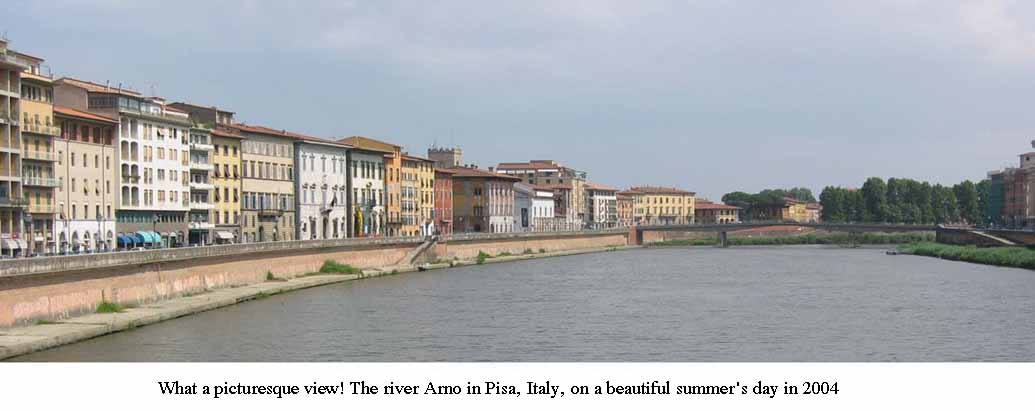A trace of "the absurd" in V. Woolf's 'Mrs. Dalloway'?
Is there a trace of “the absurd” in Mrs. Dalloway?
Besides the abrupt stop in the flow of ideas, the sudden interruption or breakdown of dialogues, there are some more indications pre-empting or forecasting what is later to be known under the term of “the (theatre of the) absurd”.
We have to ask ourselves what causes these ‘stops’, what makes (the) conversations failures. Of what nature are those ‘pauses’, just temporary so that conversations or any workings of the mind can be resumed and continued? Has dialogue still got its communicative function? Is language still logic or has it been deprived of any meaning that can be imparted to someone else? Has language been reduced to ‘small talk’, this modern disease of exchanging a few civilities (bare of any content) or non-committal replies?
What is it due to when Clarissa asks, ”Are we not all prisoners ...”, “prisoners” of what or/and whom? Prisoners of ourselves? Is life like a prison we can’t escape from? Are we in a cell shut/cut off from the rest of the world, not able (though perhaps permitted) to communicate with the outside? Or is the prison our own self too silly to cast a line to the world outside of us (so as to get contact and communication)?
If language is life, if sense is realized through dialogue then we are already ‘dead’ unless we pretend to be alive by talking internally to ourselves (which is often the case with a number of persons in the novel). Has life alienated itself from us or have we alienated ourselves from it? And what is ‘life’, what should it be in the end?
These are existential questions, basically, of a philosophical dimension (and therefore not easy to answer).
Clarissa’s parties are a desperate attempt to get social contact so as not to fall prey to isolation. She likes socializing, mixing with other people, practically all kinds of people.
Yet what is the purpose of meeting them when they are no longer able or willing to communicate properly, respond sensibly to her ( and to one another)? Is this what drives her into self-imposed isolation/loneliness (equated with emptiness)?
A few lines further down on the same page (192[1]) she admits her “Despairing of human relationships”. This ‘despair’ hastens her into the garden to seek and find in “flowers” the sort of contact “men and women never gave her” (193[2]). Obviously there is an interchange in between the flowers and herself (of whatsoever kind).
And this is what marks her off from Peter: he prefers (the company of) “human beings” to non-human beings. What unites them is their ‘isolation’.
[1] Virginia Woolf, Mrs. Dalloway, with a forward by Maureen Howard, A Harvest Book,
ed. Harcourt Brace & Company (San Diego, New York, London, 1981)
[2] op. cit.

